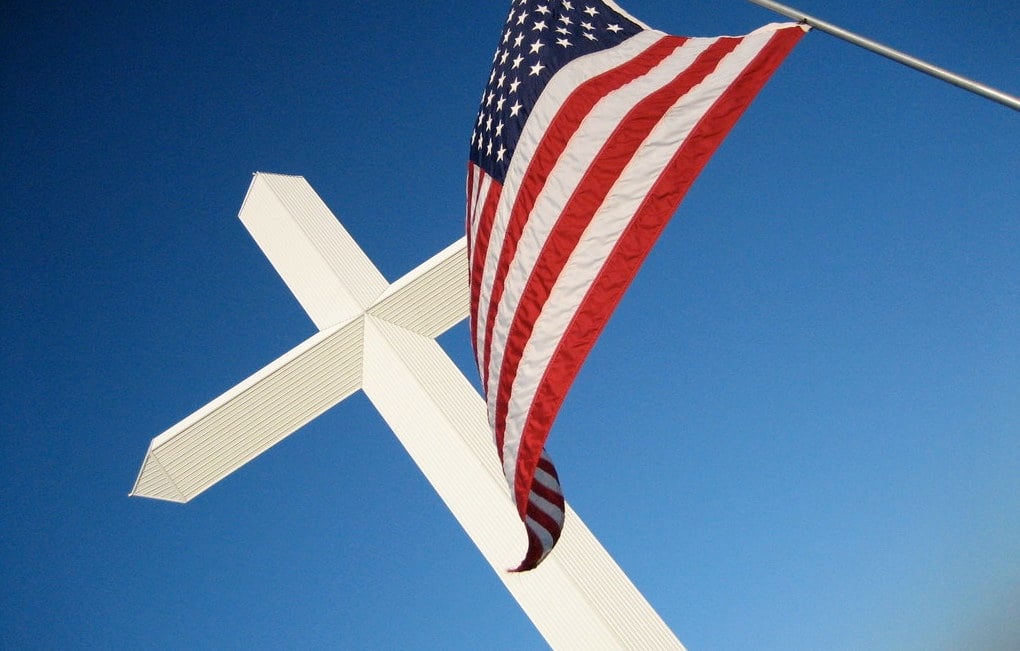In 1789, Otobo Cugoano, a freed slave and a Christian, wrote in his Thoughts and Sentiments on the Evils of Slavery against those who claimed that the manstealing and enslavement of Africans was justified by the fact that some of those slaves accepted Christianity, the true religion:
Login to read more
Sign in or create a free account to access Subscriber-only content.
